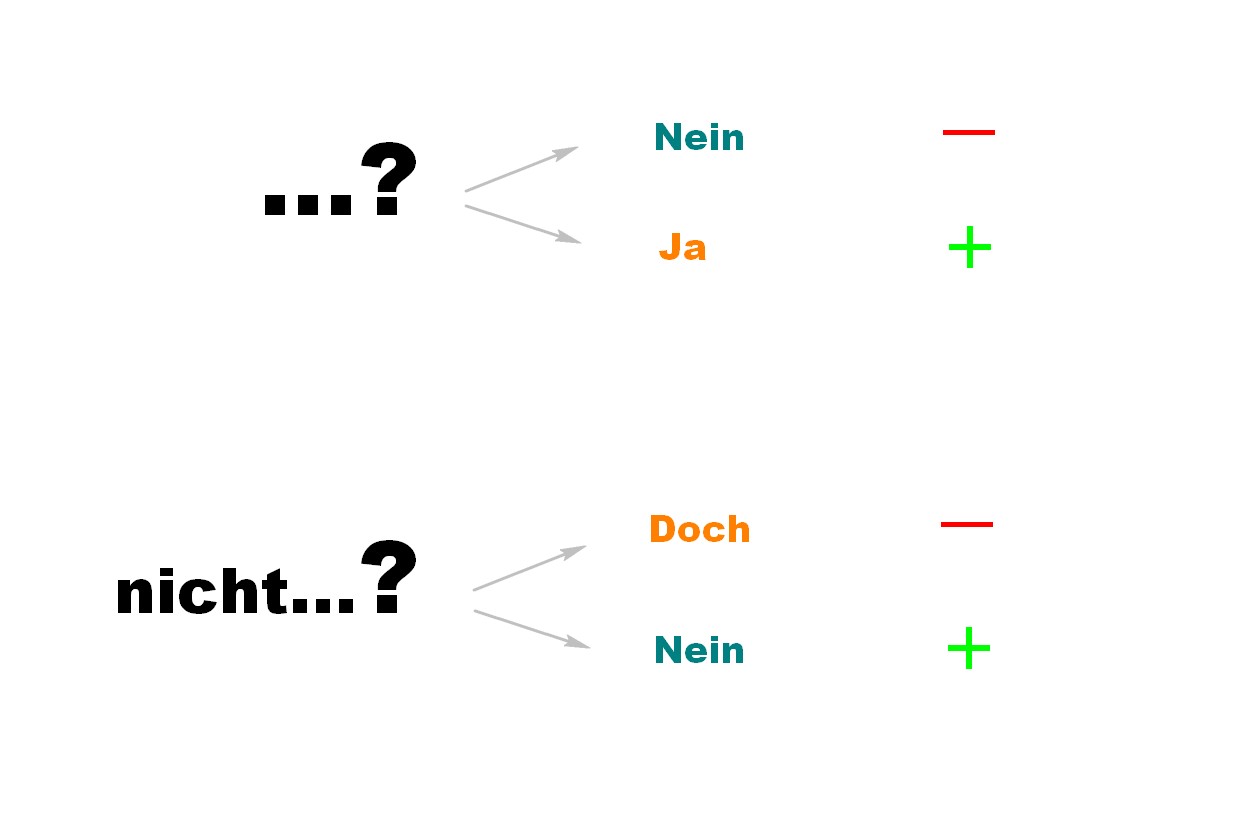About myself in German is the first part of the B1 oral exam. This is a relative simple task that is prepared and memorized at home. However, you should think it through carefully, imagining all the possible questions that can be asked to your text, and compiling answers to them.
vocabulary
Difference between enden and beenden, abschließen, aufhören
We’ve already dealt with the beginning, now the end in turn. We will look for the difference between enden and beenden, aufhören, abschließen.
Difference between beginnen and anfagen and starten
beginnen and anfangen are considered to be almost complete synonyms. But there is also a slight difference. To these two, let’s add the very limited use of starten.
Use: difference between benutzen and verwenden, nutzen, gebrauchen, anwenden
The difference between benutzen and verwenden is even smaller than between benutzen and nutzen, and when gebrauchen is added here, and nützen is suddenly remembered, it will seem difficult to keep in mind all the small differences. Let’s try to go from the inner form.
Negation in German
What is the difference between kein and nicht? Are nicht and nein the same thing? And how else can negation be expressed in German? Let’s talk about negation in German.
Over the years, my answer “nein” has often been followed up with a nicht? , so I already managed to completely get confused when what is used. Let’s start by answer on the questions.
German idioms about lie, nonsense, boasting
Every day we meet lies – lies with bad intentions or to embellish reality. This means that there is also a large group of German idioms about lie, nonsense and boasting. They have a lot in common with the idioms about stupidity and madness that we collected in the previous post.
Expressions in bold are those that are included in the lists of frequently occurring or met me personally in the texts.
Difference between schlimm and schlecht
There is little difference between schlimm and schlecht. I can’t even count the number of times I’ve been corrected from schlimm to schlecht. The words are very similar. To this pair we add the words böse, arg, übel.
10 best online German dictionaries
If you live in Germany, online German dictionaries are a daily necessity. I think that no one remembers paper dictionaries anymore. The choice, however, is not so rich.
German picture description phrases and sequence
Basic German. 4. Time and prepositions of time in German and other grammar posts
Difference between merken and bemerken and other words for memory and notice and other German synonyms
All posts for #New in Germany
Giving direction essay in German. Wegbeschreibung
Idioms in German with meaning stupidity, madness
Difference between merken and bemerken and other words for memory and notice
The difference between merken and bemerken is at the formal level, in shades of meaning and in other meanings of these words. Additionally, let’s take the words wahrnehmen, erkennen, sich erinnern, einprägen, memorieren.
As you can easily guess, the root of the word comes from Marke – a mark. Hence all the meanings: made a mark – remembered, made a mark – noticed, made a mark (verbal) – that is, made a remark.
Difference between ändern and verändern, verwandeln, wechseln and tauschen
This topic is about the difference between ändern and verändern, verwandeln, wechseln and tauschen. You can change slightly and completely, in a positive or negative sense, externally or internally.


